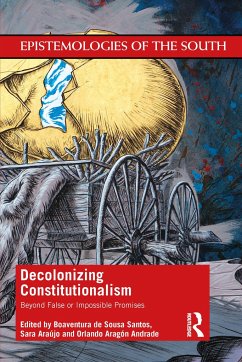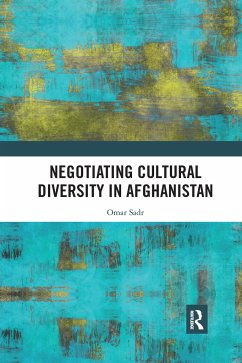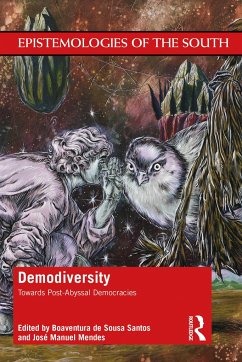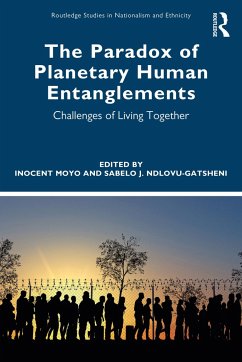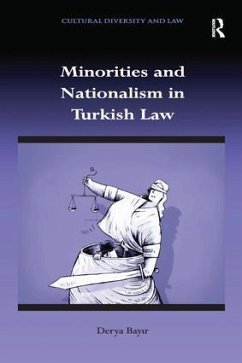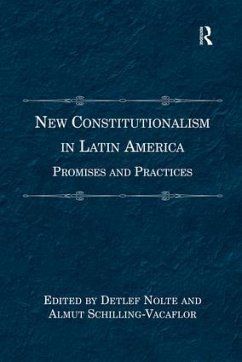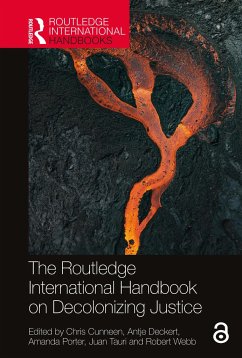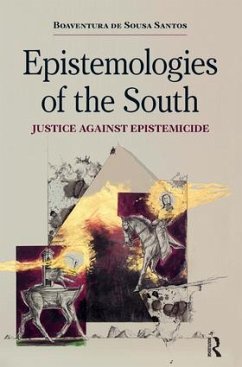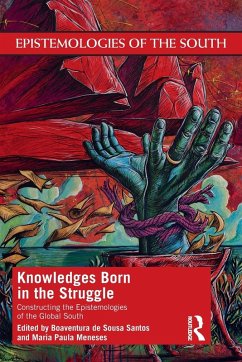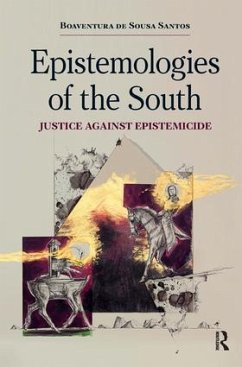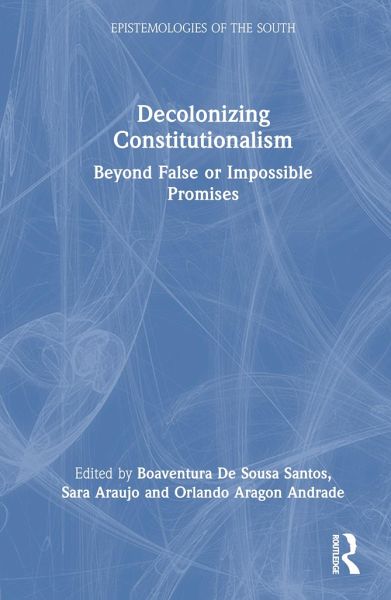
Decolonizing Constitutionalism
Beyond False or Impossible Promises
Herausgeber: de Sousa Santos, Boaventura; Andrade, Orlando Aragón; Araújo, Sara
Versandkostenfrei!
Versandfertig in 1-2 Wochen
168,99 €
inkl. MwSt.
Weitere Ausgaben:

PAYBACK Punkte
84 °P sammeln!
Decolonizing Constitutionalism aims to contribute to a post-abyssal reflection on law and constitutionalism by considering the structural axes of power that are constitutive of modern law "capitalism, colonialism, and heteropatriarchy" alongside the legal plurality of the world.




